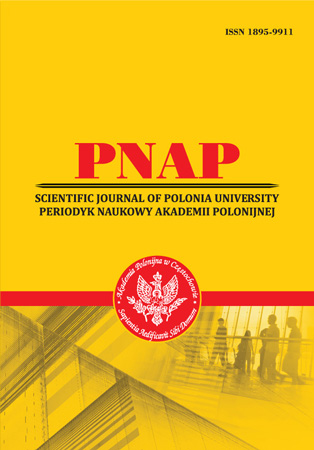PHILOSOPHY OF POSTMODERNISM AS A THEORETICAL JUSTIFICATION OF THE WOMEN SOCIAL VALUE
Abstract
The study analyzes postmodern discourse and its connection with feminist, gender studies and the philosophy of postmodernism. The analysis proves that gender theory shares with postmodernism methods of explanation and interpretation of human experience such as reconstruction, hermeneutics and others. The constructivist methodology of culture reading allowed us to argue that socio-cultural inequality and the exclusion of women from the general picture of the world as an active subject has no natural basis, but arises as a result of socio-cultural marginalization of women. The study examines the philosophical aspects of gender discourse and their interpretation in postmodernism. The work characterizes gender discourse in the context of postmodern philosophy, the philosophical foundations of gender theory and the main aspects of the interaction of postmodern philosophy and gender theory. Historical and philosophical analysis of the formation of gender theory and its relationship to the philosophy of postmodernism show that there is much in common between gender theory and postmodernism. Both the theory of postmodernism and gender theory argue that the metanarratives of the Enlightenment lost their legitimizing force, that the demands and claims that were presented as universal were valid only for men and women of a certain culture, class and race and a certain historical period.
References
2. Fuko, М. (1996). Volya k istine: potu storonu znaniya, vlasti i seksyalnosti. Raboty raznych let [The Will to Truth: Beyond Knowledge, Power and Sexuality]. Мoskva. [in Russian]
3. Gellner, E. (1992). Reason and Culture. Wiley-Blackwell.
4. Giddens, A. (1991). The Consequences of Modernity. Stanford University Press.
5. Hutcheon, L. (2003). A Poetics of Postmodernism. History, Theory, Fiction. London: Routledge.
6. Irigaray, L. (1977). Ce sexe qui n`est pas un. Paris: Editions de Mimeit.
7. Kellner, D. (1990). Jean Baudrillard: From Marxism to Postmodernism and Beyond. Stanford University Press.
8. Lyotard, J.-F. (1974). Economic Libidinale. Paris.
9. Lyotard, J.-F. (1985). Just Gaming (Theory and History of Literature). University Of Minnesota Press.
10. Lyotard, J.-F. (1993). Political Writings. University of Minnesota Press.
11. Lyotard, J.-F. (1984). Postmodern Condition: A Report on Knowledge. University of Minnesota Press.
12. Sim, S (Ed.) (2011). The Routledge Companion to Postmodernism. London and New York:Routledge.
13. Simon, J. (1987). The emergence of the risk society: insurance, law and the state. Socialist Review, 60–89.
14. Simon, W. (1996). Postmodern Sexualities. London: Routledge.
15. Simon, W., Haney, C., Buenteo, R. (1993). The postmodernization of death and dying. Symbolic Interaction. (16 (4)), 411.
Abstract views: 437 PDF Downloads: 233







